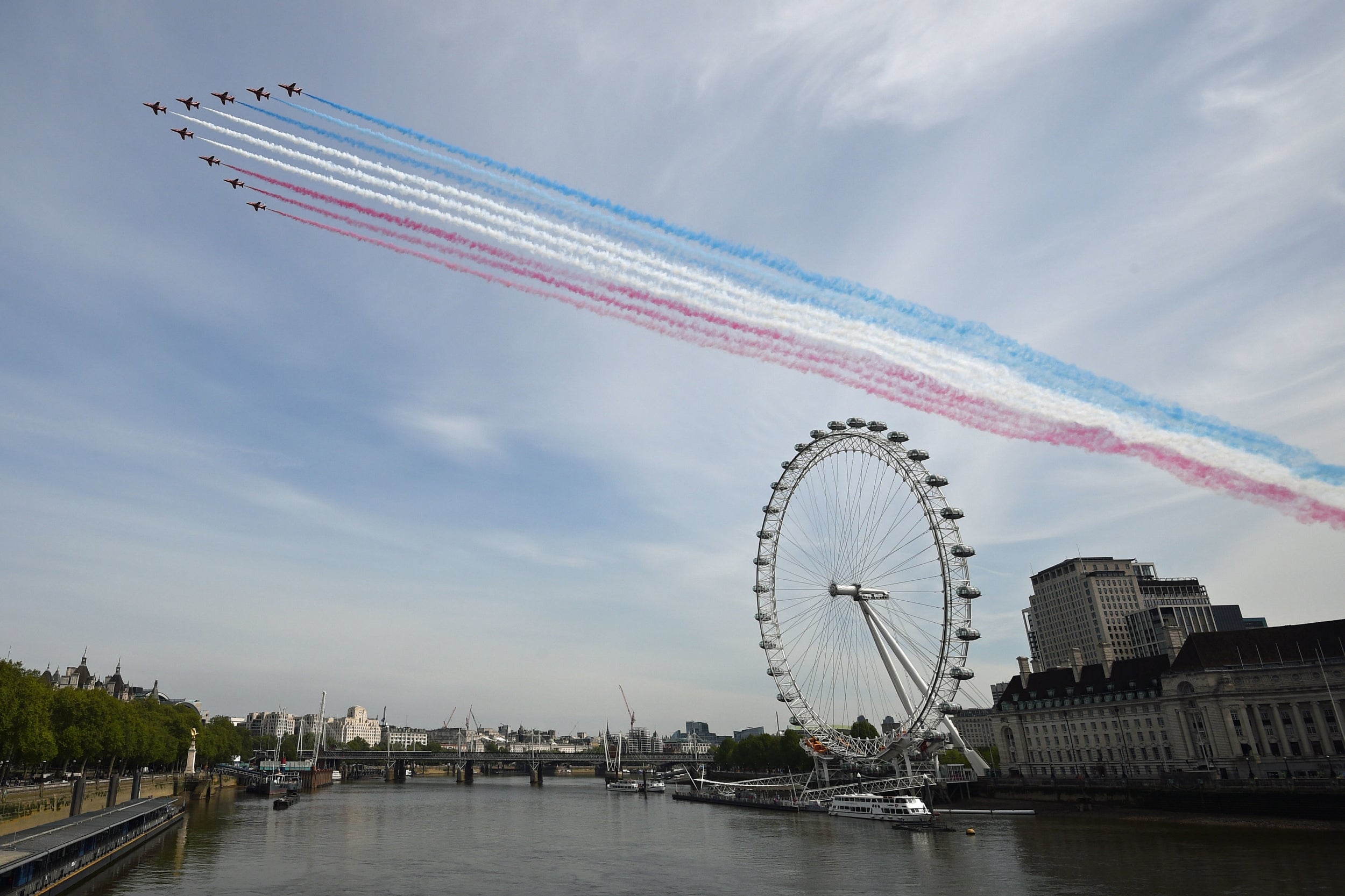This VE day, meet August Agbola O'Browne, the Nigerian, Polish war hero you've never heard of
O’Browne miraculously survived through to the end of the war. He was among the barely six per cent of Warsaw’s pre-war citizenry to remain on VE Day, writes Nicholas Boston


On this 75th commemoration of VE Day it is simultaneously difficult and easy to talk about heroism, always a troubling concept. All around us global leaders and the media are deploying war metaphors and lifting heroes aloft – scientists, doctors and nurses, front line workers – in response to the global pandemic. Indeed, by current sentiment, we’re all heroes, just by recognising one another’s humanness. And keeping a distance from it.
Several groups of WW2 veterans and their supporters are continuing campaigns for more robust public recognition of their contributions to the allied victory. Veterans of Caribbean origin are raising funds to install a memorial in honour of their service at the National Memorial Arboretum in Staffordshire. Polish veterans, were it not for the cancellation of this year’s London VE Day Parade, would have marched in the celebrations, a correction to a longstanding slight.
Another group of over 10,000 African servicemen, 50 per cent of whom were enlisted from Nigeria, and who served in battle against Japanese forces in Burma, are rarely even mentioned.
One unique figure stands at the crossroads of these partially told histories. He lies in rest in London’s Hampstead Cemetery.
August Agbola O’Browne (there are multiple spellings of his name in circulation) was, as far as records can tell, the only black person to fight in the Warsaw Uprising, the historic 63-day long operation by the Polish Resistance movement to liberate Warsaw from Nazi occupation. O’Browne was not the only foreigner engaged in the struggle, but he was the only African.
He was born in Lagos, Nigeria, on 22 July 1895 and arrived in Warsaw in 1922. He was a jazz percussionist who became well known performing in the more frequented entertainment venues, and he recorded a commercial album. He twice married Polish women and fathered four children. And in 1958, a year prior to Nigeria’s gaining independence from Britain, O’Browne migrated to the UK, technically as part of the Windrush Generation.
O’Browne joined the Polish resistance movement in September 1939 at the earliest outbreak of the war. He went by the code name of “Ali,” dispatching oral and written intelligence. Only from beyond the grave could we begin to find out why he chose that name. But it chimes harmoniously with the name and identity of another famous fighter, born in 1942 in the segregated south of the US – whilst O’Browne was effecting subterfuge in Nazi-occupied Europe – Muhammad Ali.
O’Browne left his own trace in the form of an application for membership in a veterans’ organisation called the Society of Fighters for Freedom and Democracy. That form, which bore all his vital information, from date and place of birth to code name, was discovered only 10 years ago Dr Zbigniew Osiński, an archivist at the Warsaw Rising Museum, who shared it.
Following the surrender by the Home Army, the Polish insurgency movement, O’Browne miraculously survived through to the end of the war. He was among the barely six per cent of Warsaw’s pre-war citizenry to remain on VE Day. Warsaw remained his home for another 13 years. He then relocated to London, where he lived out the rest of his life until 1976.
O’Browne was African, and Polish, and British and European. In all these territories, he shared bread and breath. He is a hero deservedly relevant to our times. In September 2019, a Polish foundation with support from the City of Warsaw unveiled a monument in Warsaw old town honouring August Agbola O’Browne.
London might consider doing the same.
Nicholas Boston is an associate professor of media sociology at Lehman College, the City University of New York
Join our commenting forum
Join thought-provoking conversations, follow other Independent readers and see their replies
Comments
Bookmark popover
Removed from bookmarks